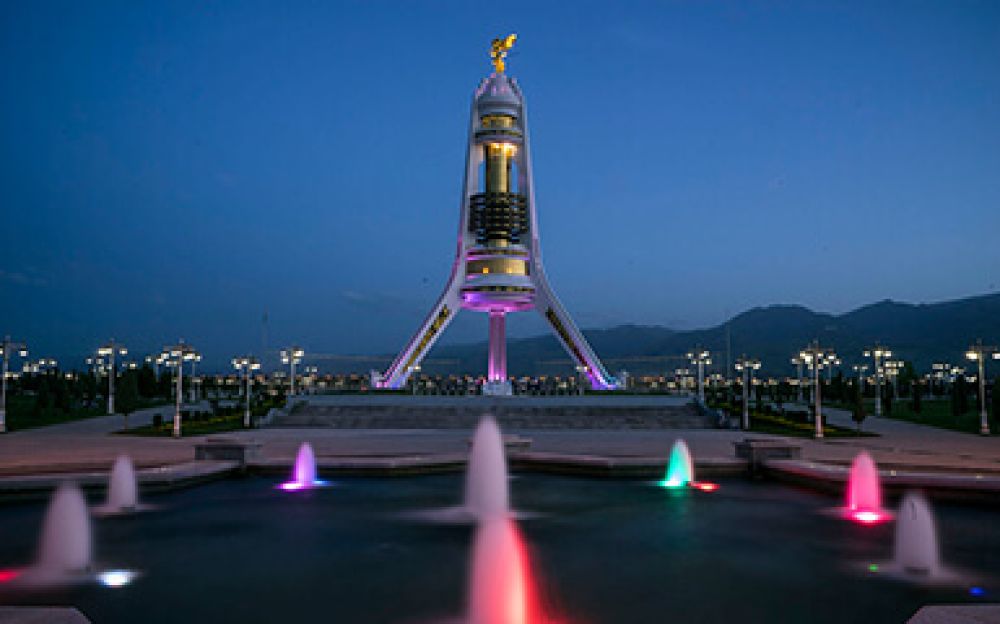

Turkmenbashi, formerly known as Krasnovodsk, is a city located on the shores of the Caspian Sea in Turkmenistan. Its historical significance as a transit point dates back to the late 19th century when it was the western terminus of the Trans-Caspian railway. However, the city named after the first president of Turkmenistan—Saparmurat Niyazov, also known as Turkmenbashi—didn't see substantial tourist infrastructure development until earlier this century.
For many years, Turkmenistan remained one of the least explored countries due to its stringent visa policies and a general orientation towards isolation. However, in recent years, Turkmenbashi has become a focal point in the government's push to spur tourism and showcase Turkmenistan's unique culture and heritage. The investment in the awe-inspiring natural scenery and the fantastical city architecture has transformed Turkmenbashi into a potential tourist haven.
Significant development in Turkmenbashi's tourism infrastructure commenced in the early 21st century. A noteworthy development is the construction of the Awaza Tourist Zone, which includes luxury hotels, health spas, and wide sandy beaches, aimed to establish Turkmenbashi as a premier beach resort destination. This development was complemented by the modernization of Turkmenbashi International Airport and the city's port facilities.
Turkmenbashi boasts attractions ranging from the natural beauty of the Kopet Dag mountains and the Caspian Sea to cultural sites such as the Regional Museum and the grandiose Turkmenbashi Mosque-Mausoleum. Visitors are drawn to the traditional bazaars, where they can experience local life and buy Turkmen crafts.
Eco-tourism and adventure tourism are the latest trends taking hold in Turkmenbashi, with an emphasis on sustainable practices and the region's rich biodiversity. Individual travel in Turkmenistan can be challenging due to the need for guides and permissions, but the allure of untouched natural landscapes is drawing the more intrepid traveler.
The Turkmen government's recent endeavours, such as easing visa regulations and promoting international events in the Avaza zone, symbolize an effort to put Turkmenistan and Turkmenbashi on the global tourism map. Regional festivals and the annual Caspian Sea regatta strive to attract regional and international visitors, albeit with varying success due to the ongoing hurdles presented by the global political climate and the country's human rights record.
In conclusion, Turkmenbashi's history and recent expansion in the tourism sector exemplify this evolving city's journey. From a historical transit hub to an aspiring resort destination, its full potential is still yet to be harnessed in moments of global and internal changes.